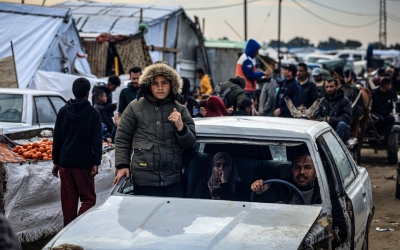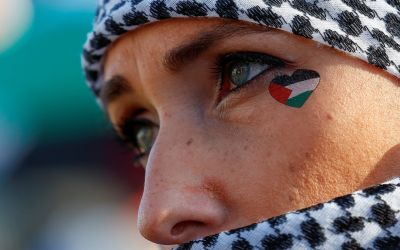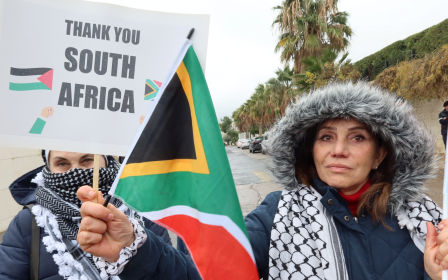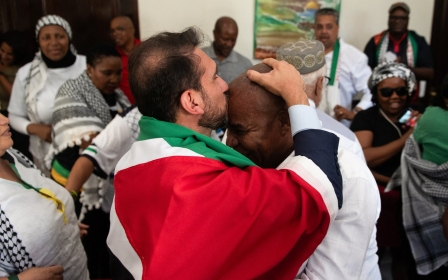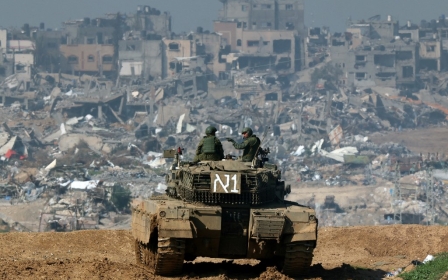International leaders hail ICJ ruling in Israel genocide case as ‘decisive victory’
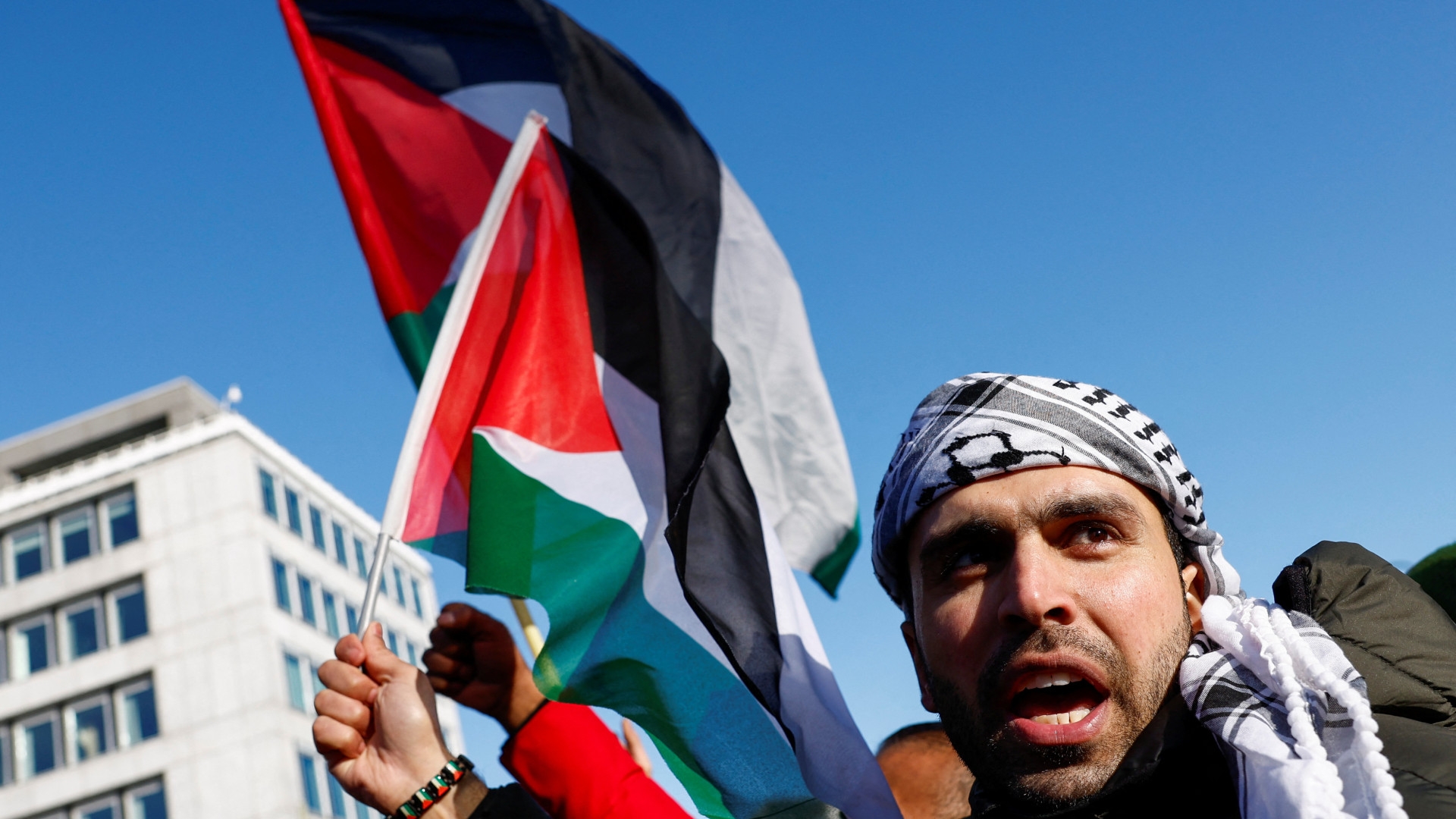
World leaders have welcomed the International Court of Justice (ICJ)'s interim ruling on the emergency measures requested by South Africa in its genocide case against Israel, with South Africa proclaiming the decision a "decisive victory".
The UN court ordered Israel to take all measures within its power to prevent acts of genocide in the besieged enclave and to punish incitement to genocide.
The court also ruled that Israel must urgently address the deteriorating humanitarian situation in the Gaza Strip.
The ruling stopped short of ordering Israel to end its military operations in the strip.
In response to the court's decision, Riyadh al-Maliki, Palestinian minister of foreign affairs, said that Palestine "welcomes" the order and that it is an "important reminder that no state is above the law".
New MEE newsletter: Jerusalem Dispatch
Sign up to get the latest insights and analysis on Israel-Palestine, alongside Turkey Unpacked and other MEE newsletters
Spanish Prime Minister Pedro Sanchez also welcomed the court's decision, and called "on all parties to implement the interim measures it has decreed".
Turkish President Recep Tayyip Erdogan said that the injunction was "valuable," and that Turkey "will continue to follow the process to ensure that war crimes committed against innocent Palestinian civilians do not go unpunished."
A senior Hamas official, Sami Abu Zuhri, told Reuters on Friday that Israel must implement the ICJ’s court decisions and that the ruling would contribute to "isolating the occupation and exposing its crimes in Gaza".
In a video statement, Israeli Prime Minister Benjamin Netanyahu said that Israel is fighting a "war like no other," and that it would continue to defend itself.
Meanwhile, Israeli National Security Minister Itamar Ben Gvir posted on X: "Hague Schmague."
A ceasefire must happen
The court's failure to demand a ceasefire, one of South Africa's key demands in the case, has drawn fierce criticism and prompted renewed calls for a cessation of Israel's air and ground offensive.
Despite senior South African officials welcoming the ruling as a "watershed judgement," South African foreign minister, Naledi Pandor, said that she wanted the court to explicitly call for a ceasefire.
She added that without a cessation of hostilities, the court's order to limit death and destruction in Gaza could not be met.
“How do you provide aid and water without a ceasefire?” Pandor said. “If you read the order, by implication a ceasefire must happen.”
Scottish First Minister Humza Yousaf said that "the killing and destruction in Gaza must stop.
"With such death and destruction, we will continue to call for an immediate ceasefire," he posted on X.
'Spurious and specious claims'
South Africa filed the case against Israel before the court in December, alleging that its months-long assault on Gaza, which has killed over 26,000 people, amounts to genocide.
The full ruling on whether Israel is guilty of committing genocide in its war on Gaza is likely to take years.
Friday's ruling responds to South Africa’s request for emergency measures to protect Palestinians from potential breaches of the genocide convention.
Israel has rejected the filing and argued that its offensive on Gaza is an “armed conflict” and not a genocide, with Hamas responsible for the civilian casualties by embedding its forces in civilian populations and structures.
On Thursday, Israeli spokesperson Eylon Levy said in a press conference that the Israeli government expected the ICJ to “throw out these spurious and specious charges.”
Prime Minister Benjamin Netanyahu convened a meeting of top legal advisers, the attorney general and the minister of justice to discuss the potential outcomes of Friday's ruling.
Several countries and organisations backed the case ahead of the court hearing including Brazil, Malaysia, Turkey, Jordan, Bolivia, the Maldives, Lebanon, Namibia, Pakistan and Colombia, as well as the 57-member Organisation of Islamic Countries.
The United States has opposed the case, with national security spokesperson John Kirby dismissing South Africa’s submission as “meritless, counterproductive, and completely without any basis”.
Middle East Eye delivers independent and unrivalled coverage and analysis of the Middle East, North Africa and beyond. To learn more about republishing this content and the associated fees, please fill out this form. More about MEE can be found here.


